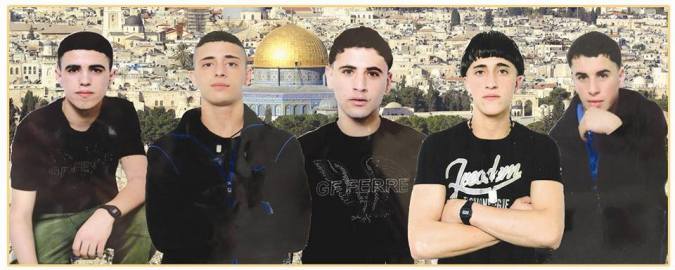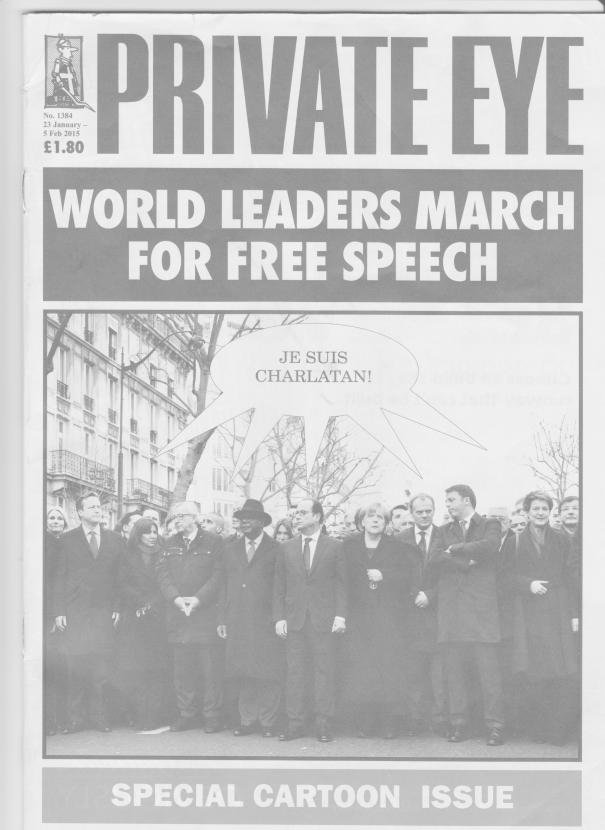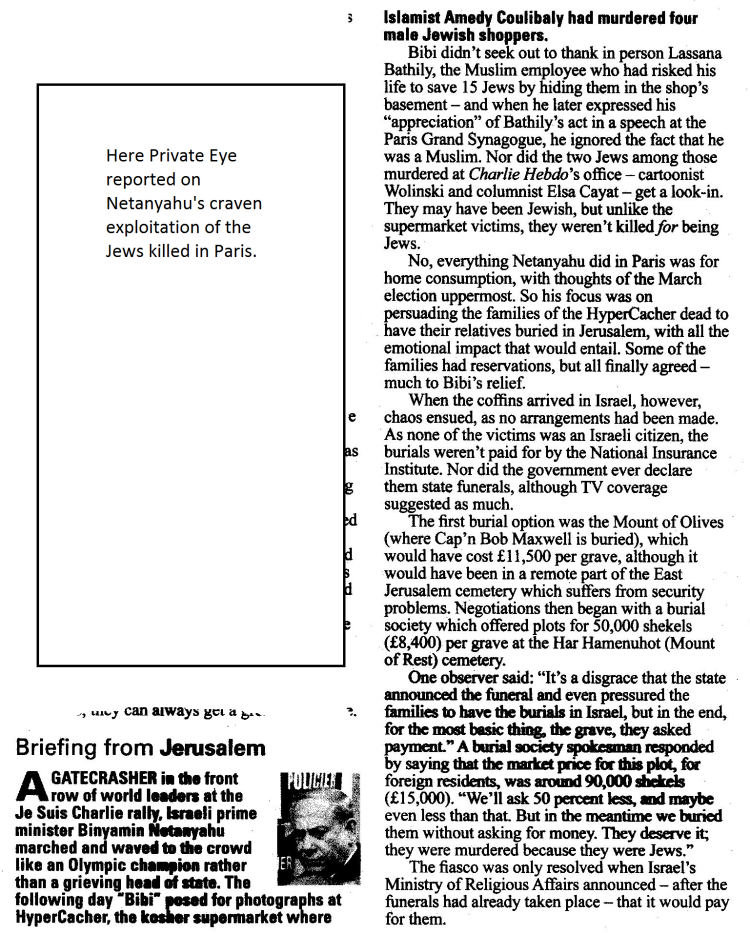Members of right-wing
organization Lehava protesting the wedding of a Jewish-born woman and
a Muslim man in Rishon Letzion, August 17, 2014. Photo by Ofer Vaknin
Authors Idan Yaron
(right) and Yoram Harpaz. Photo by Emil Salman
By Or Kashti | Aug.
27, 2014 | 5:52 AM | 1
“For me,
personally, Arabs are something I can’t look at and can’t
stand,” a 10th-grade girl from a high school in the central part
of the country says in abominable Hebrew. “I am tremendously
racist. I come from a racist home. If I get the chance in the army
to shoot one of them, I won’t think twice. I’m ready to kill
someone with my hands, and it’s an Arab. In my education I learned
that ... their education is to be terrorists, and there is no belief
in them. I live in an area of Arabs, and every day I see these
Ishmaelites, who pass by the [bus] station and whistle. I wish them
death.”
The student’s comments appear in a chapter
devoted to ethnicity and racism among youth from a forthcoming book,
“Scenes from School Life” (in Hebrew) by Idan Yaron and Yoram
Harpaz. The book is based on anthropological observations made by
Dr. Yaron, a sociologist, over the course of three years in a
six-year, secular high school in the Israeli heartland – “the
most average school we could find,” says Harpaz, a professor of
education.
The book is nothing short of a page-turner,
especially now, following the overt displays of racism and hatred of
the Other that have been revealed in the country in the past month
or so. Maybe “revealed” isn’t the right word, as it suggests
surprise at the intensity of the phenomenon. But Yaron’s
descriptions of what he saw at the school show that such hatred is a
basic everyday element among youth, and a key component of their
identity. Yaron portrays the hatred without rose-colored glasses or
any attempt to present it as a sign of social “unity.” What he
observed is unfiltered hatred. One conclusion that arises from the
text is how little the education system is able – or wants – to
deal with the racism problem.
Not all educators are indifferent or ineffective.
There are, of course, teachers and others in the realm of education
who adopt a different approach, who dare to try and take on the
system. But they are a minority. The system’s internal logic
operates differently.
Much of the chapter on racism revolves around the
Bible lessons in a ninth-grade class, whose theme was revenge. “The
class starts, and the students’ suggestions of examples of revenge
are written on the blackboard,” the teacher told Yaron. A student
named Yoav “insists that revenge is an important emotion. He
utilizes the material being studied to hammer home his semi-covert
message: All the Arabs should be killed. The class goes into an
uproar. Five students agree with Yoav and say openly: The Arabs
should be killed.”
One student relates that he heard in the
synagogue on Shabbat that “Aravim zeh erev rav” [“Arabs are a
rabble,” in a play on words], and also Amalek, and there is a
commandment to kill them all,” a reference to the prototypical
biblical enemy of the Children of Israel. Another student says he
would take revenge on anyone who murdered his family, but would not
kill them all.
“Some of the other students are outraged by
this [softer stance],” the teacher reported. “The student then
makes it clear that he has no love for Arabs and that he is not a
leftist.”
Another student, Michal, says she is shocked by
what she is hearing. She believes that the desire for revenge will
only foment a cycle of blood; not all Arabs are bad, she adds, and
certainly they don’t all deserve to die. “People who decree the
fate of others so easily are not worthy of life,” she says.
Yoav himself claims to have heard Michal say:
“Too bad you weren’t killed in a terrorist attack.”
“The students all start shouting,” the
teacher says, according to Yaron. “Some are personally insulted,
others are up in arms, and Michal finds herself alone and absorbing
all the fire – ‘Arab lover,’ ‘leftist.’ I try to calm
things down. The class is too distraught to move on to the biblical
story. The bell rings. I let them out and suggest that they be more
tolerant of one another.”
In the corridor during the break, the teacher
notices that a crowd has gathered from all the ninth-grade classes.
They have formed a human chain and are taunting Michal: “Fie, fie,
fie, the Arabs will die.” The teacher: “I contemplated for five
seconds whether to respond or keep going down the corridor. Finally
I dispersed the gathering and insisted that Michal accompany me to
the teachers’ room. She was in a state of shock, reeling under the
insult, with tears to come instantly.”
Six students are suspended for two days. The
teacher reports on his conversation with Michal: “She continues to
be laconic. This is what always happens, she says. The opinions are
racist, and her only regret is speaking out. I just want to hug her
and say I’m sorry I put her through this trauma. I envy her
courage to say aloud things that I sometimes am incapable of
saying.”
Leftists as ‘Israel-haters’
In his research, Yaron spoke with Michal and
Yoav, with other students in the class and with the homeroom teacher
and the principal. The multiplicity of versions of the goings-on
that emerge suggest a deep conflict and a lack of trust between the
educators and the pupils. Each world functions separately, with the
adults exercising little if any influence on the youngsters. It’s
hard to believe that the suspension, or the punishment inflicted on
some of the students – for example, to prepare a presentation for
the ninth-grade classes on the subject of racism – changed
anyone’s opinion.
The same goes for the principal’s unequivocal
declaration that, “There will be no racist comments in our
school.” Even the essay Michal was asked to write on the subject
was soon forgotten. “The intention was to launch an educational
program, but in the meantime it was postponed,” the homeroom
teacher admits.
A year later, however, the incident itself was
still remembered in the school. The same student who told Yaron that
she won’t think twice if she gets the opportunity “to shoot one
of them” when she serves in the army, also said, “As soon as I
heard about the quarrel with that leftist girl [Michal], I was ready
to throw a brick at her head and kill her. In my opinion, all the
leftists are Israel-haters. I personally find it very painful. Those
people have no place in our country – both the Arabs and the
leftists.”
Anyone who imagines this as a local, passing
outburst is wrong. As was the case with the girl from the ORT
network vocational school who alleged earlier this year that her
teacher had expressed “left-wing views” in the classroom – in
this case too a student related that he cursed and shouted at a
teacher who “justified the Arabs.” The students say that
workshops to combat racism, which are run by an outside
organization, leave little impression. “Racism is part of our
life, no matter how much people say it’s bad,” a student said.
In the concluding discussion in just one such
workshop, the moderator asked the students how they thought racism
might eradicated. “Thin out the Arabs,” was the immediate reply.
“I want you to leave here with the knowledge that the phenomenon
exists, for you to be self-critical, and then maybe you will prevent
it,” the moderator said. To which one student shot back, “If
we’re not racist, that makes us leftists.”
The moderator, in a tone of despair: “I’d
like it if you took at least something small from this workshop.”
A student responds to the challenge: “That everyone should live
the way he wants, that if he thinks he’s racist, let him think
what he wants, and that’s all.”
As an adjunct of racism and hatred, ethnic
identities – Mizrahi (Jews from Middle Eastern and North African
countries) and Ashkenazi – are also flourishing. Yoav believes
that there is “discrimination between Mizrahim and Ashkenazim. We
were severely punished for the incident [with Michal], but if it
were the other way around, that wouldn’t have happened.” Yoav
later told Yaron that he found the common saying, “What’s this,
an [open-air] market?” offensive, because his whole family works
in the local produce market.
“Our business has existed since the state was
established,” he said. “I am proud of my father, who is a man of
the market. What are they trying to say, that my father isn’t
cultured? When people say something about ‘Arabs,’ it’s
considered a generalization, but when they say ‘market,’ that’s
alright. When people say ‘market,’ they are actually talking
about Mizrahim. We need to change the prejudices about the market
and about the Mizrahim. People say I am a racist, but it’s just
the opposite.”
“There is no discussion about the topic of
racism in the school and there probably will not be,” the
principal admits. “We are not prepared for the deep, long-term
process that’s necessary. Even though I am constantly aware of the
problem, it is far from being dealt with. It stems in the first
place from the home, the community and the society, and it’s hard
for us to cope with it. You have to remember that another reason
it’s hard to deal with the problem is that it also exists among
the teachers. Issues such as ‘human dignity’ or ‘humanism’
are in any case considered left-wing, and anyone who addresses them
is considered tainted.”
Threat of noise
Prof. Yoram Harpaz is a senior lecturer at Beit
Berl Teachers College and the editor of Hed Hahinuch, a major
educational journal. Recalling the recent promise of Education
Minister Shay Piron that classes in the first two weeks of the
coming school year will be devoted to “emotional and social
aspects of the summer’s events,” including “manifestations of
racism and incitement,” Harpaz observes that schools in their
present format “are incapable of dealing with the racist
personality and identity.”
He adds: “The schools are not geared for this.
They can only impart basic knowledge and skills, hold examinations
on them and grade the students. In fact, they have a hard time doing
even that. In classes of 40 students, with a strict curriculum and
exams that have to be held, it is impossible to engage in
values-based education.”
Yaron, a senior lecturer in sociology at Ashkelon
Academic College, emphasizes how important teachers and the
principal (and the education system in general) feel it is to stick
to the curriculum and the lessons schedule – two islands of quiet
amid a risk-laden reality.
“Doing this makes it possible for the teachers
not to enter a dynamic sphere, which obligates openness and is
liable to open a Pandora’s box, too,” he notes. “The greatest
threat to the teacher is that there will be noise – that someone
will complain, that an argument will break out, etc. That danger
looms especially large in subjects that interest young people, such
as sexuality, ethnicity, violence and racism. Teachers lack the
tools to cope with these issues, so they are outsourced, which only
emasculates educational personnel even more.”
The demand for quiet in the schools is not only
an instrumental matter, deriving from the difficulty of keeping
order in the classroom. There is also an ideological aspect
involved. In general, there is a whole series of subjects that are
not recommended for discussion in schools, such as the Nakba (or
“catastrophe,” the term used by Palestinians to denote the
establishment of the State of Israel), human rights and the morality
of Israeli army operations. This was one of the reasons for the
warnings issued by Tel Aviv University and Ben-Gurion University of
the Negev during the fighting in the Gaza Strip about “extreme and
offensive remarks.”
Harpaz: “In Israel, the most political country
there is, political education has not been developed as a discipline
in which high-school students are taught how to think critically
about political attitudes, or the fact that those attitudes are
always dependent on a particular viewpoint and on vested interests.”
What, then, can be done? According to Harpaz, the
solution will not be found in discussions between the homeroom
teacher and the students. Nor is a condemnation, however late, by
the education minister sufficient. A more radical change is needed.
“Values and outlooks are acquired in a lengthy
process of identification with ‘significant others,’ such as
teachers,” Harpaz explains. “This means that every aspect of the
schools – patterns of teaching, evaluation methods, curricula, the
physical structure and the cultural climate – has to change in the
direction of becoming far more dialogical and democratic.”
And he has one more recommendation: not to flee
from political and moral dilemmas, or from possible criticism. “Our
leaders are so fearful of criticism, but they don’t understand
that critical education is what generates close ties and caring. We
get angry at those we love.”





